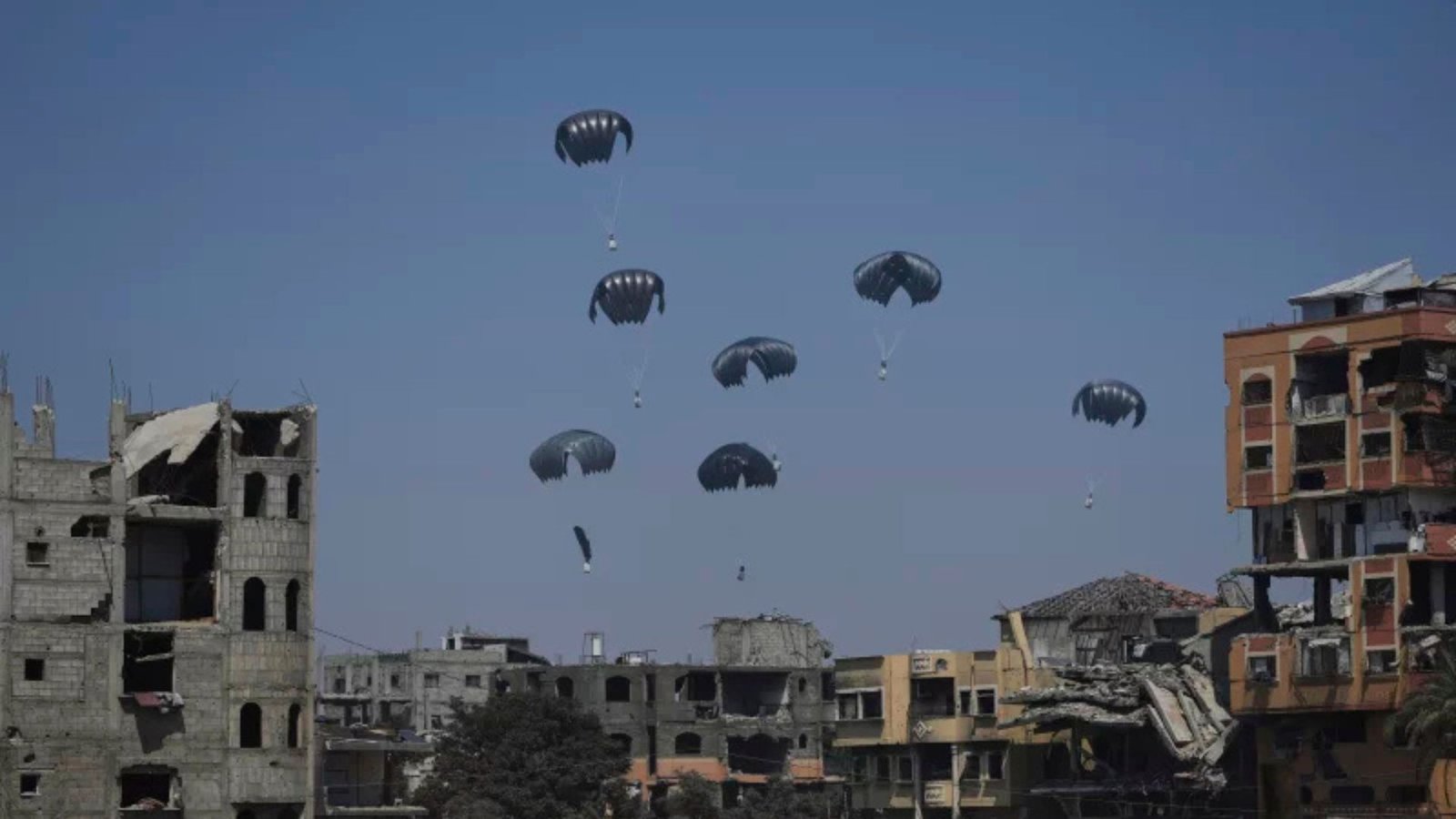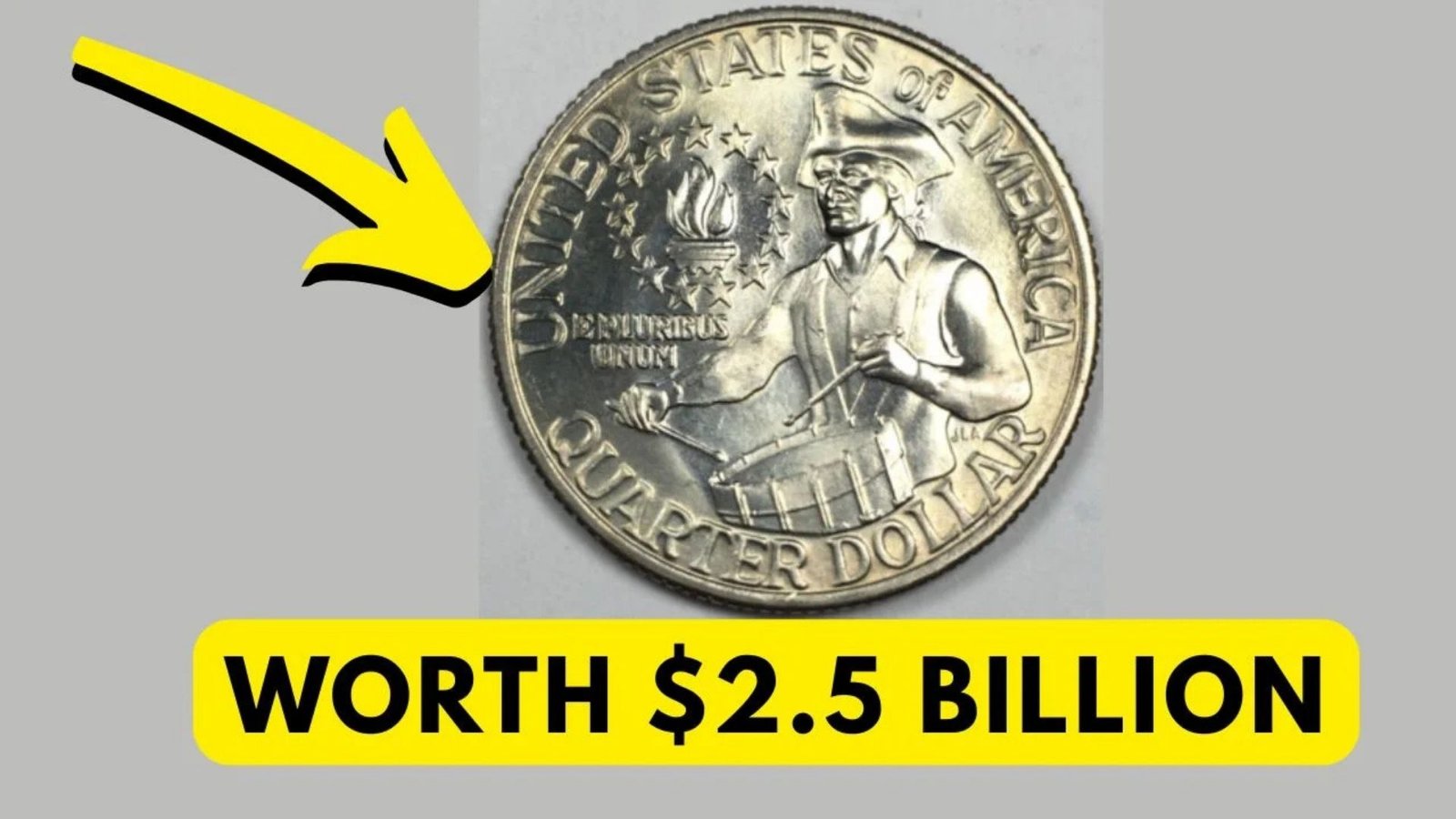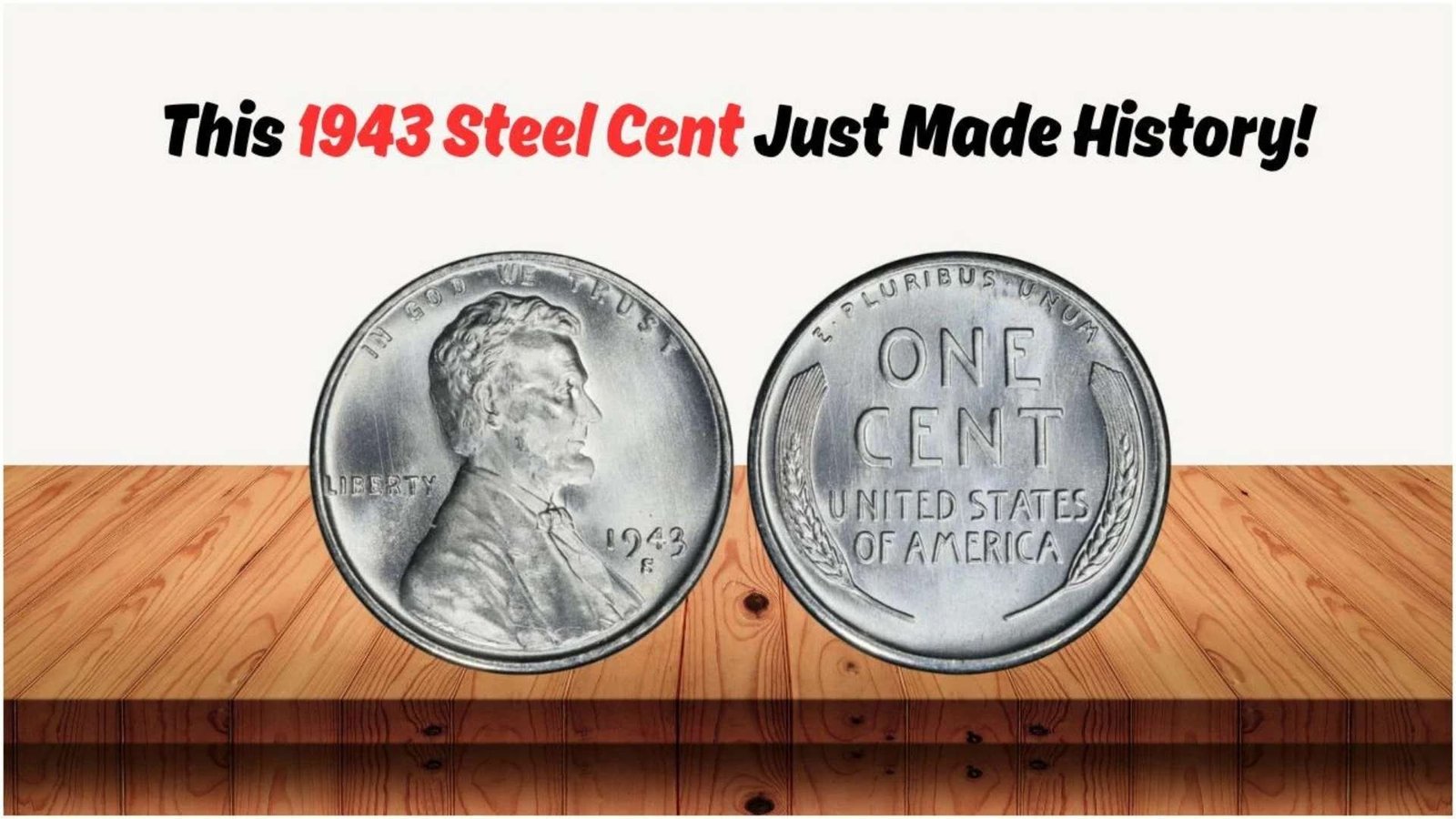In response to growing international criticism, Israel has announced a temporary pause in military operations in specific areas of Gaza to allow limited humanitarian aid to reach civilians. This decision comes as the region faces a worsening humanitarian crisis, with millions struggling to access basic necessities like food, water, and medical supplies. This article explores the reasons behind the pause, its implications, and what it means for the people of Gaza.
Why Is Israel Pausing Military Operations?
Israel’s decision to temporarily stop attacks in certain parts of Gaza is primarily to allow humanitarian aid to flow into the region. The ongoing conflict has severely restricted access to essential supplies, leaving many residents in dire need. The pause aims to address these challenges and respond to global calls for relief efforts.
Key Reasons for the Pause
- Humanitarian Crisis: Gaza’s civilians are facing shortages of food, clean water, and medical care due to the conflict.
- International Pressure: Global leaders and organizations have urged Israel to allow aid to reach those in need.
- Temporary Measure: The pause is limited to specific areas and times to ensure aid delivery while maintaining security.
What Does the Pause Mean for Gaza?
The temporary halt in military actions is a small but significant step toward addressing the humanitarian crisis in Gaza. Aid organizations can now deliver essential supplies to affected communities, but the limited scope of the pause means it may not fully resolve the ongoing challenges.
Impact on Civilians
- Access to Aid: Food, water, and medical supplies can reach some areas of Gaza more easily.
- Temporary Relief: The pause offers a brief respite for civilians caught in the conflict.
- Ongoing Challenges: The limited duration and scope of the pause may not meet the full scale of need.
How Aid Delivery Is Being Organized
Aid organizations, including the United Nations and other non-governmental groups, are coordinating with local authorities to ensure supplies reach those who need them most. The pause allows trucks carrying food, water, and medical supplies to enter specific areas of Gaza safely.
Table: Key Aspects of the Aid Delivery Plan
| Aspect | Details |
|---|---|
| Aid Organizations | UN agencies, Red Cross, and local NGOs are leading the effort. |
| Supplies Delivered | Food, clean water, medical kits, and hygiene products. |
| Areas Covered | Limited to specific zones in Gaza, as designated by Israel. |
| Duration of Pause | Temporary, with specific time windows for safe aid delivery. |
| Challenges | Ongoing conflict and infrastructure damage may hinder distribution efforts. |
Global Reaction to the Pause
The international community has welcomed the pause but emphasized that it is not enough to address the full scale of Gaza’s humanitarian crisis. Many countries and organizations have called for a longer-term ceasefire to ensure sustained aid delivery and protect civilians.
Key Global Responses
- United Nations: Urged all parties to prioritize civilian safety and expand aid access.
- European Union: Called for a permanent ceasefire to address the root causes of the crisis.
- Human Rights Groups: Stressed the need for accountability and protection of civilian lives.
Challenges in Delivering Aid
While the pause is a positive step, delivering aid in a conflict zone remains challenging. Damaged roads, ongoing security risks, and limited resources make it difficult to reach all affected areas. Aid organizations are working to overcome these obstacles, but the situation remains complex.
Major Obstacles
- Infrastructure Damage: Roads and buildings destroyed in the conflict hinder aid distribution.
- Security Risks: Even during the pause, some areas may remain unsafe for aid workers.
- Limited Scope: The pause only covers specific areas, leaving other parts of Gaza without relief.
What’s Next for Gaza?
The temporary pause is a short-term measure, and its long-term impact depends on future actions by all parties involved. A sustainable solution would require addressing the root causes of the conflict, ensuring consistent aid delivery, and prioritizing civilian safety.
Potential Next Steps
- Extended Ceasefire: A longer pause or full ceasefire could allow more comprehensive aid efforts.
- International Support: Increased funding and resources from global donors to support Gaza’s recovery.
- Rebuilding Efforts: Restoring damaged infrastructure to improve access to essential services.
Conclusion
Israel’s decision to pause military operations in parts of Gaza to allow limited aid delivery is a step toward addressing the region’s humanitarian crisis. While this move offers temporary relief to civilians, it is not a complete solution. The international community continues to call for a lasting ceasefire and greater efforts to ensure food, water, and medical supplies reach those in need. As the situation evolves, global attention remains focused on finding a path to peace and stability in Gaza.
FAQs
Why did Israel pause its attacks in Gaza?
Israel paused its military operations in certain areas of Gaza to allow humanitarian aid, such as food, water, and medical supplies, to reach civilians amid growing international pressure.
How long will the pause last?
The pause is temporary and limited to specific time windows and areas, but exact details may vary based on security and logistical factors.
Who is delivering aid to Gaza?
Aid is being delivered by organizations like the United Nations, Red Cross, and local non-governmental groups, working in coordination with local authorities.
What challenges do aid organizations face in Gaza?
Aid delivery is hindered by damaged infrastructure, security risks, and the limited scope of the pause, which only covers certain areas of Gaza.
What is the international community’s stance on the situation?
Global leaders and organizations have welcomed the pause but are pushing for a longer-term ceasefire and increased aid to address Gaza’s humanitarian crisis fully.








1 thought on “Israel Temporarily Halts Attacks in Parts of Gaza to Allow Aid Delivery Amid Global Concerns”